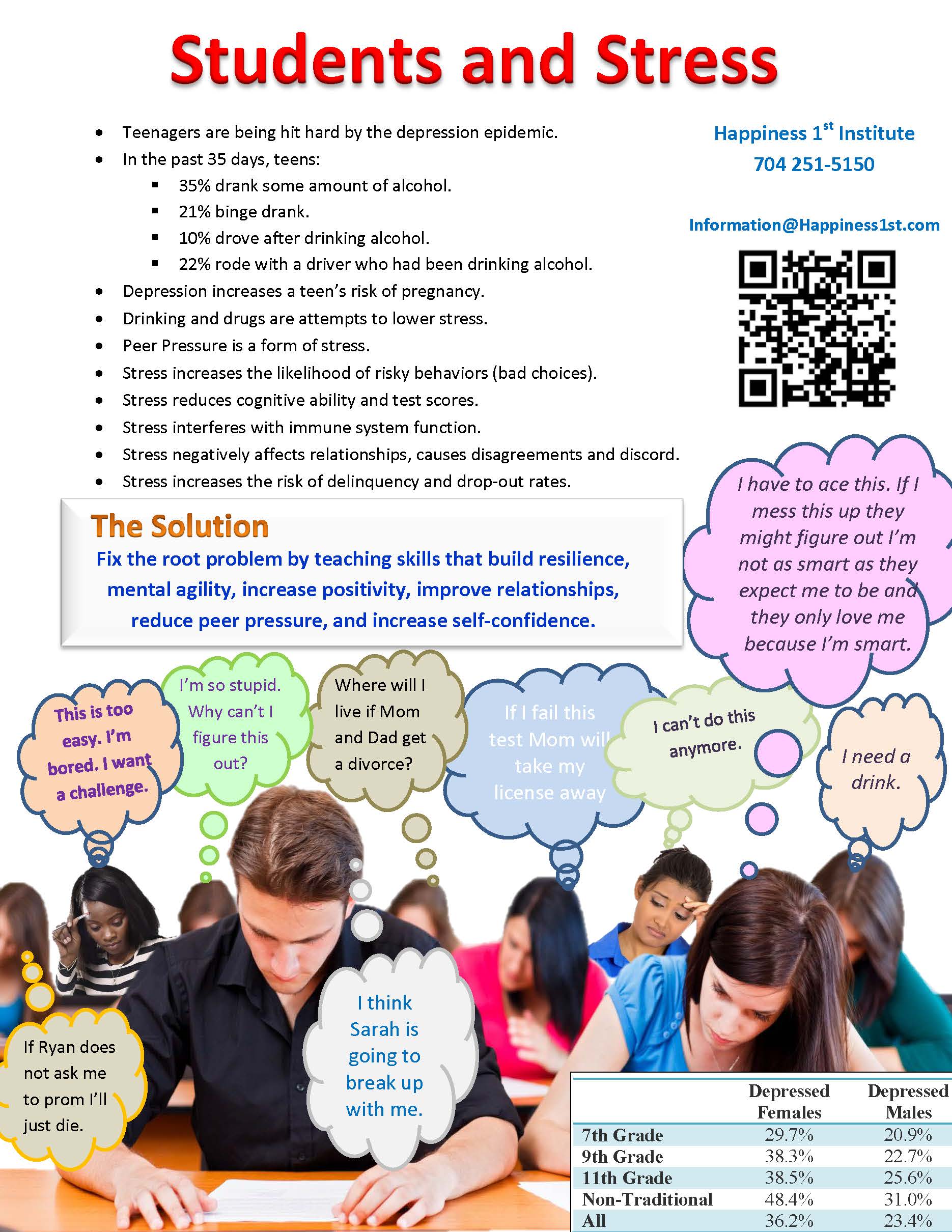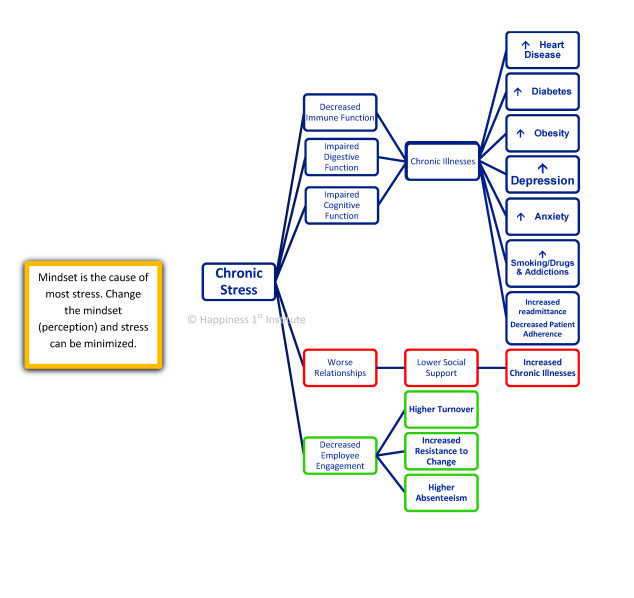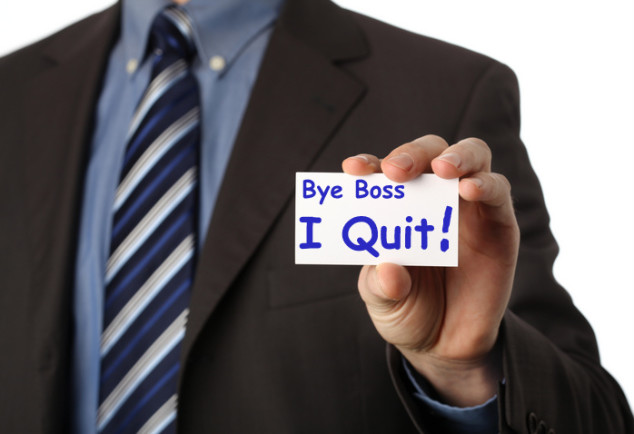Call for Peace (Re-printed from a post originally posted on House of Peace and Love for All)
Learning about senseless tragedies saddens me deeply because there is a better way and because the pain that a senseless tragedy leaves behind creates ripples that can lead to more pain.
I am saddened by the recent loss of life in Charleston and saddened by the suffering of the families and saddened that we still live in a world where the connection between emotional state and behavior is not understood enough that someone who is angry is helped to find a better emotional state.
Anger that persists is a form of mental illness. It may not be a diagnosis code in the DSM, but it is a form of mental illness, or perhaps more accurately, a lack of skill in dealing with emotions.
Happy people aren’t killing anyone.
People who are unhappy and trying to find a way to feel more empowered kill people. Unhappiness can range from jealous all the way down to anger, rage, and depression.
Behavior is entwined with emotional state; it cannot be separated.
Emotions are indicators that we should take action. Joy is an indicator to continue doing what we’re doing with the way we’re perceiving our current circumstances.
Anger is an indicator that we’re harming our self if we continue perceiving our current circumstances in the way we are currently perceiving them.
Anger does not validate the rightness of your stance.
Anger merely tells you that your current thoughts do not support your long-term goals.
Your anger may feel justified. It may even be justified according to large numbers of other people. It is still hurting you.
Anger is better than depression, but it is not a good home. It is not even a good place to visit frequently.
It is not an emotion to allow yourself to steep in because doing so clouds your thought processes and frequently leads to actions that create more anger.
Anger comes from a dis-empowered perspective.
The best response to anger is finding a more empowered perspective from which to view the situation.
I was saddened to learn that the shooter in Charleston hoped to begin a race war in America. I am gladdened to see the response.
I heard Malcolm Graham speak on the news about the loss of his sister, Cynthia Hurd, saying that we need to learn to live together peacefully and my heart soared. To hear someone with a loss so close to his heart calling for peace tells me that we are closer than I thought.
Why does it make my heart soar? Because peace and harmony are possible. There is a way to live peacefully in the world even before everyone is doing so. In fact, peace can only come one heart at a time.
Politicians and soldiers do not bring true peace.
True peace only happens when individuals’ hearts have peace within them.
Hearts filled with anger and bitterness lead to senseless tragedies decades after peace has been declared by politicians and soldiers.
The path to peace is one of learning the real meaning of emotions. They are guidance from God letting us know how close to the way God sees the situation we are perceiving it. When we’re joyful, we are perceiving the situation the way God perceives it. When we are in love we are perceiving the person the way God perceives the person. When we are frustrated we are perceiving the situation differently from the way God is perceiving it. When we are angry we are even further from God’s perspective of the topic than we were in frustration.
The worse the emotion feels, the more variance there is between our opinion of the situation and God’s opinion of the same situation.
If you feel the Call for Peace:
The first step is to recognize what emotions are.
If you want a religious view on the topic, see the quotes in the Bibliography and if your worldview is not represented, look to the scriptures for your faith and find it there.
If you want a scientific view on the topic, see the publication by Katherine Peil in Global Advances in Health and Medicine, also cited in the Bibliography.
The second step is developing skills that empower us to see more in line with the way God views the world by developing mental agility that helps us take different perspectives.
The third step is to put peace in your heart. The first two steps are necessary first because you must release the resentment, anger, and other strong negative emotions before you can truly feel peaceful toward all others. This seems an impossible task before you understand the link between emotions and behavior and develop the skills that enable you to see the world more as God sees it.
When you understand those things and use them, putting peace in your heart feels like the natural thing to do.
As I said earlier, happy people aren’t killing anyone. People who feel dis-empowered and are trying to regain some of their power are the ones who do those things. What they need is a better way to feel more empowered. The first two steps above are that way.
But society needs to recognize what negative emotion represents and help those who get stuck in negativity take the first two steps. The more the understanding spreads, the easier it will be for even strangers to help someone who is in a low emotional place.
I say easier, because we can already to it.
We can give a smile to someone who needs one. We can offer encouraging words to harried Mom’s while we are waiting in line or grocery shopping. We can hold doors open for others and show that we value their humanity. We can be kind for no reason other than being kind feels good (when it is what we want to do).
Those things can help momentarily. But learning the connection between behavior and emotion, what emotions really are, and how to take different perspectives that allow us to feel better without requiring any circumstances to change in that moment help permanently.
One way to make a horrible situation feel better is to give it a different meaning. It is not my place to decide for any other what meaning to give any situation, especially not for the families, friends and church that lost so much. But I can and do encourage others to take Malcolm Graham’s call for peace to heart and I know that along that path is where the greatest solace and meaning will be found, as well as the best world for the future.
If I can be of help in building peace in your community, please contact me.
My heart goes out to the families of Cynthia Hurd, Susie Jackson, Ethel Lance, Rev. DePayne Middleton-Doctor, The Honorable Rev. Clementa Pinckney, Tywanza Sanders, Rev. Daniel Simmons Sr., Rev. Sharonda Singleton, and Myra Thompson.
This post, written by Jeanine Joy, was re-printed from a post on House of Peace and Love for all. Jeanine Joy is the founding minister of House of Peace and Love for All.
Bibliography
(Al-Qur'an), T. (or of the soul which is secure of its salvation, and free from fear or sorrow.). By this the reader will observe that the Mohammedans are no strangers to Quietism. Others, however, understand the words of the soul, which, having attained the knowledge of the truth, rests satisfied, and relies securely thereon, undisturbed by doubts;
Bhagwath gita. The Lord's mercy is therefore available both in the form of the instructing spiritual masters and the Supersoul within the heart...
Bhagwath gita. The Supersoul within everyone's heart, directly gives us guidance...the spiritual master in the heart, gives direct inspiration.
Proverbs 16:9. A man's heart plans his way, but the Lord directs his steps. Bible.
Proverbs 3:5. Trust in the Lord with all your heart and lean not on your own; In all your ways acknowledge Him, and He will make your paths straight. Bible.
Buddhist teachings. Wisdom is born of meditation deep, But lost by mind's distraction; knowing these Two paths of loss and gain, so let him live, Let him so direct his life that wisdom may increase. 282.
Confucius. By three methods we may learn wisdom: first, by reflection, which is noblest; second, by imitation, which is easiest; and third, by experience, which is the most bitter.
Peil, K. T. (2014). Emotion: The Self-regulatory Sense. Global Advances in Health and Medicine, 80-108.
[contact-form-7 id="702" title="Basic contact form with solve"]



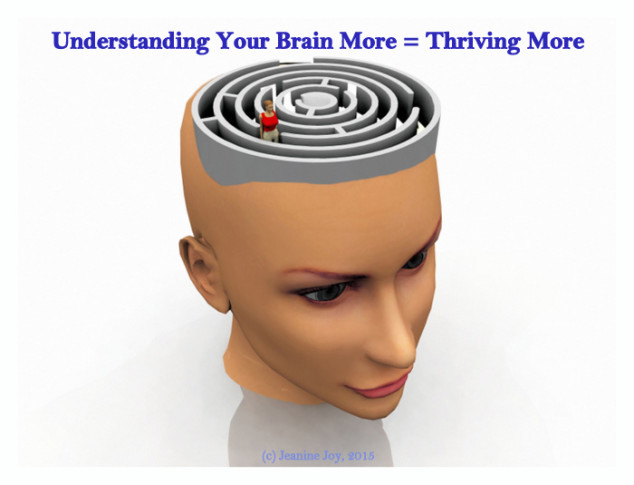

 If you deliberately focus only on what you like in pictures and as soon as you notice yourself finding something that you do not like you deliberately re-focus your attention on what you like, you will re-program your brain to find things you like.
If you deliberately focus only on what you like in pictures and as soon as you notice yourself finding something that you do not like you deliberately re-focus your attention on what you like, you will re-program your brain to find things you like.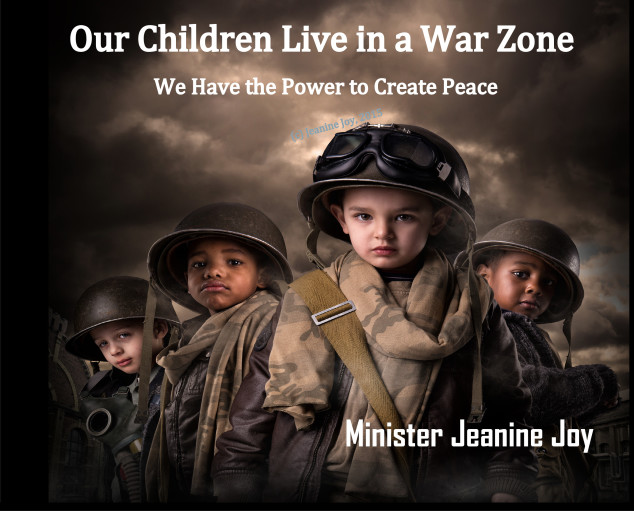




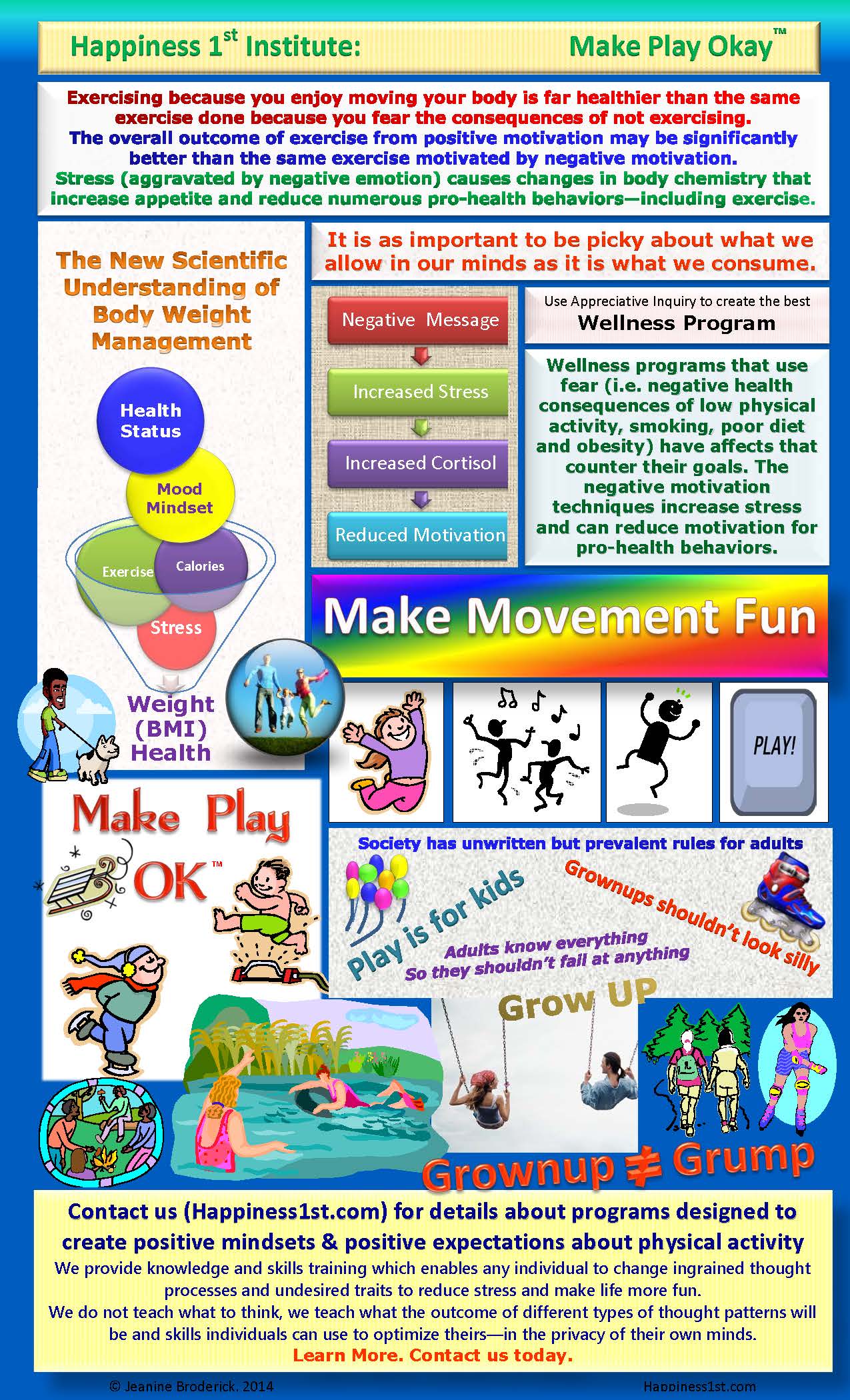
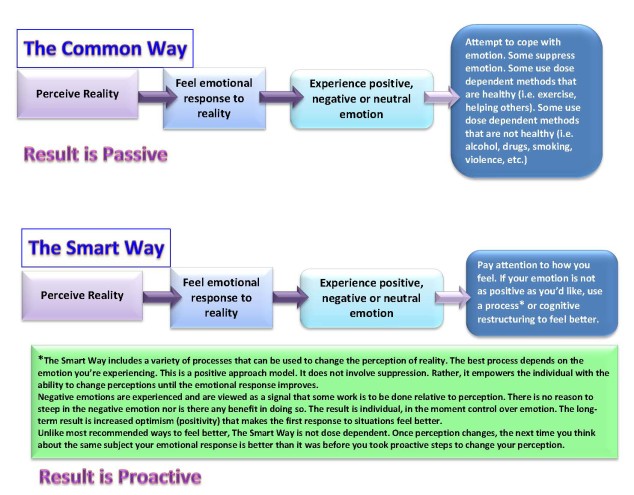
 wheel if I already have a solution that works. I love helping people thrive more. I love sharing the knowledge I’ve found in my search for answers to the question, “What empowers humans to thrive?” I don’t want to just help some people. I want to help everyone I can possibly help. The Smart Way works. It increases the frequency of positive emotions an individual feels.
wheel if I already have a solution that works. I love helping people thrive more. I love sharing the knowledge I’ve found in my search for answers to the question, “What empowers humans to thrive?” I don’t want to just help some people. I want to help everyone I can possibly help. The Smart Way works. It increases the frequency of positive emotions an individual feels.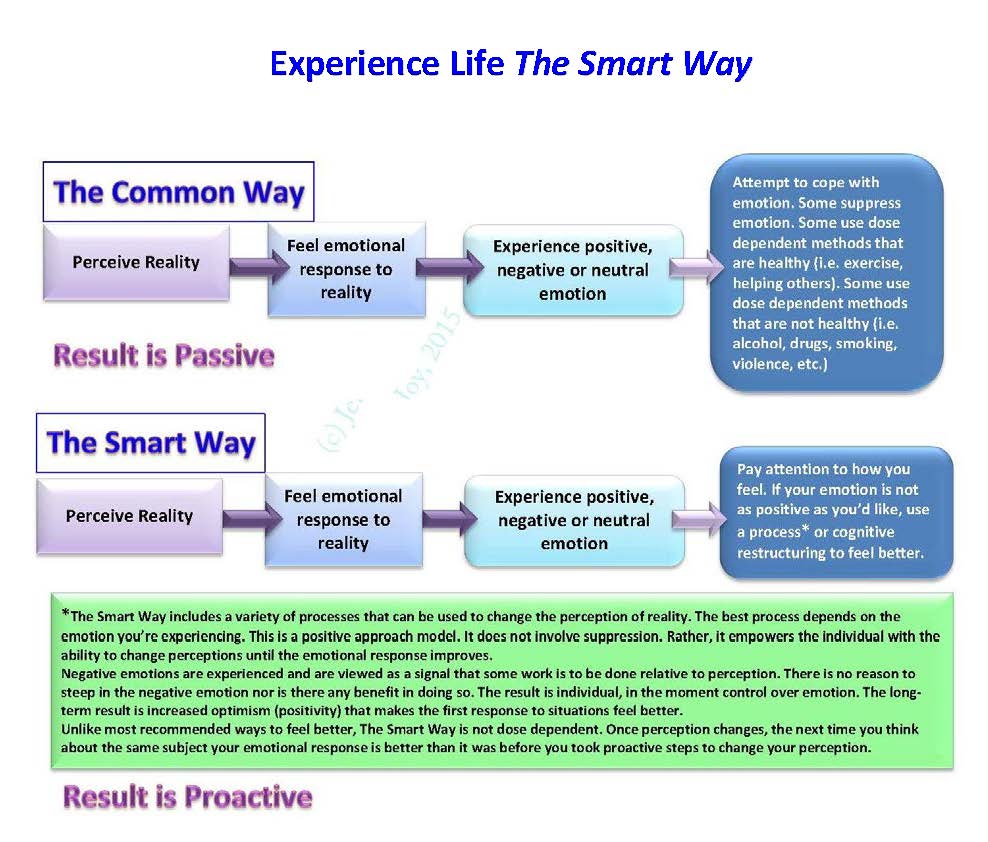




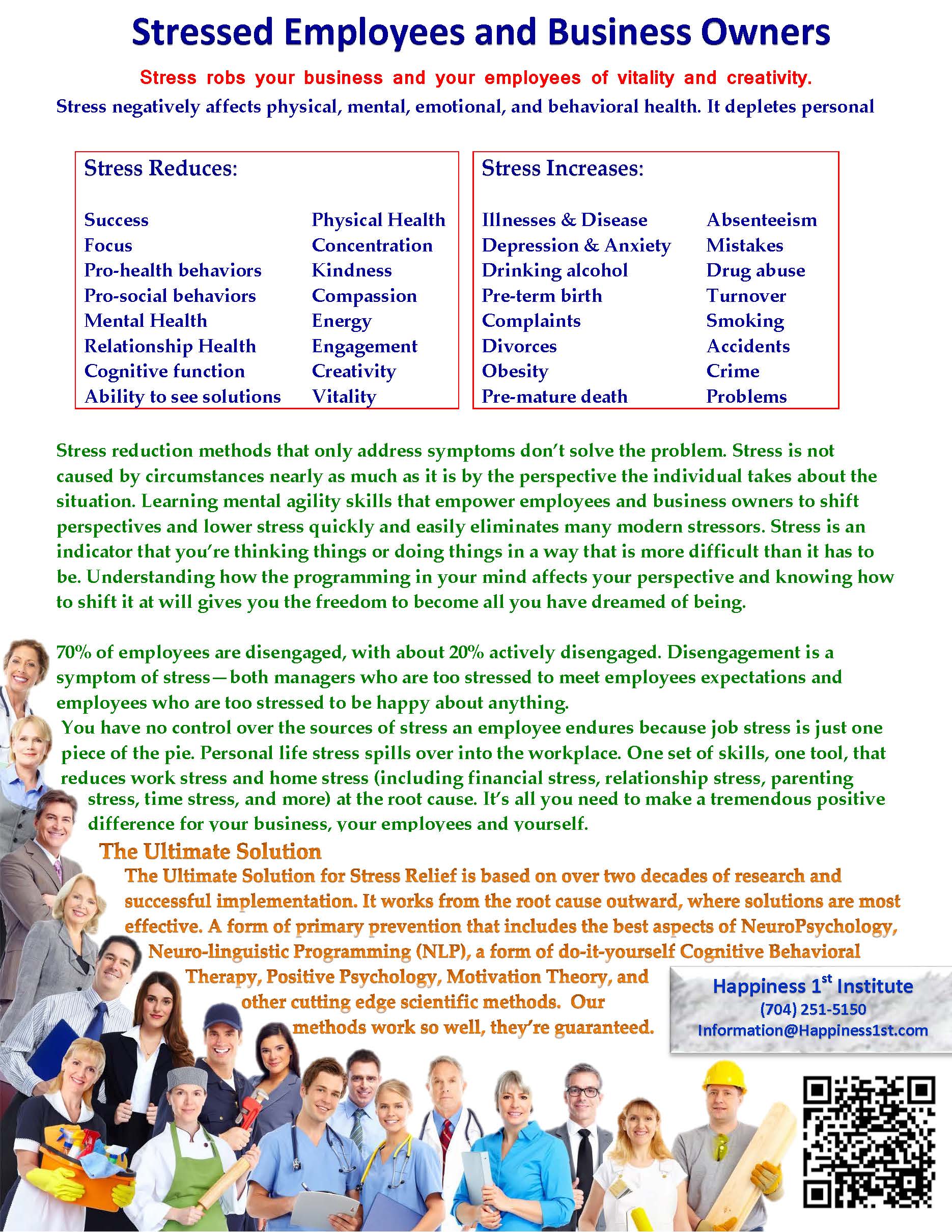 Stressed employees and business owners
Stressed employees and business owners
